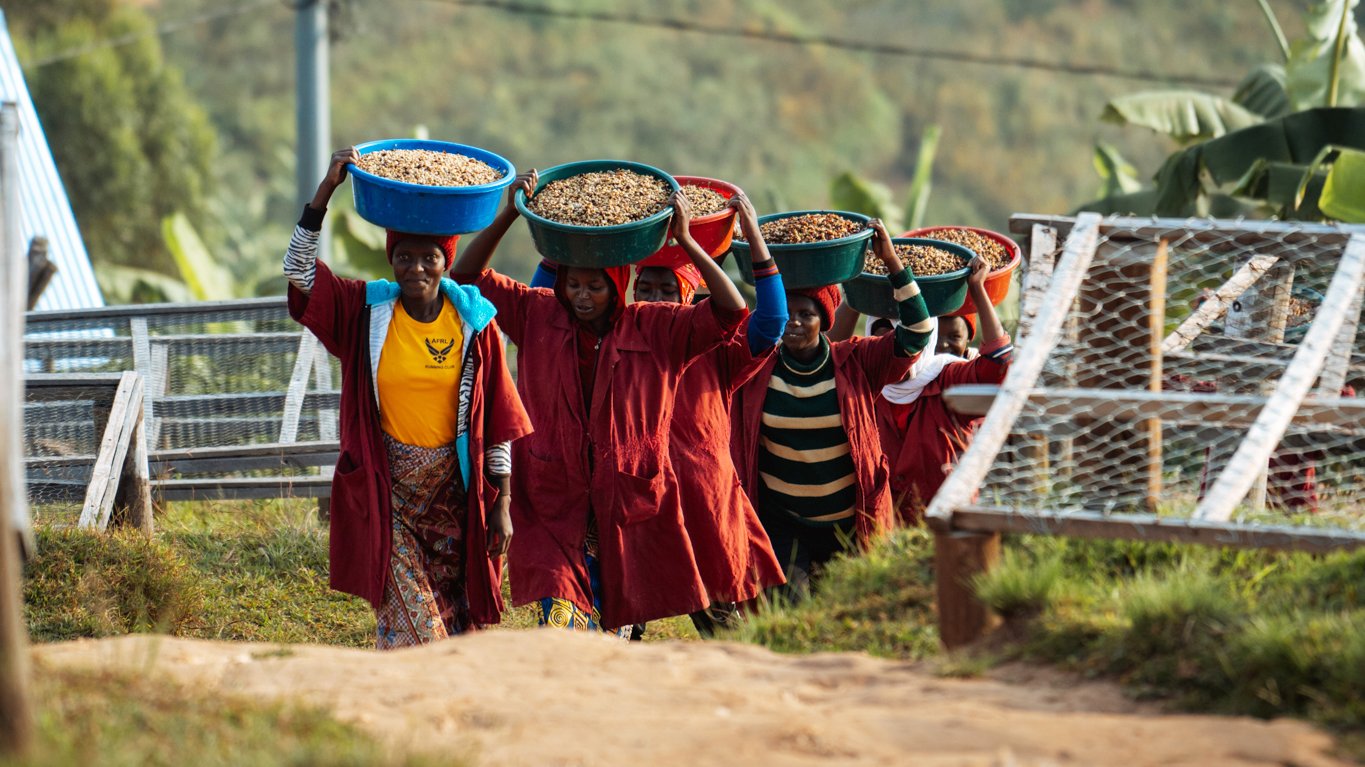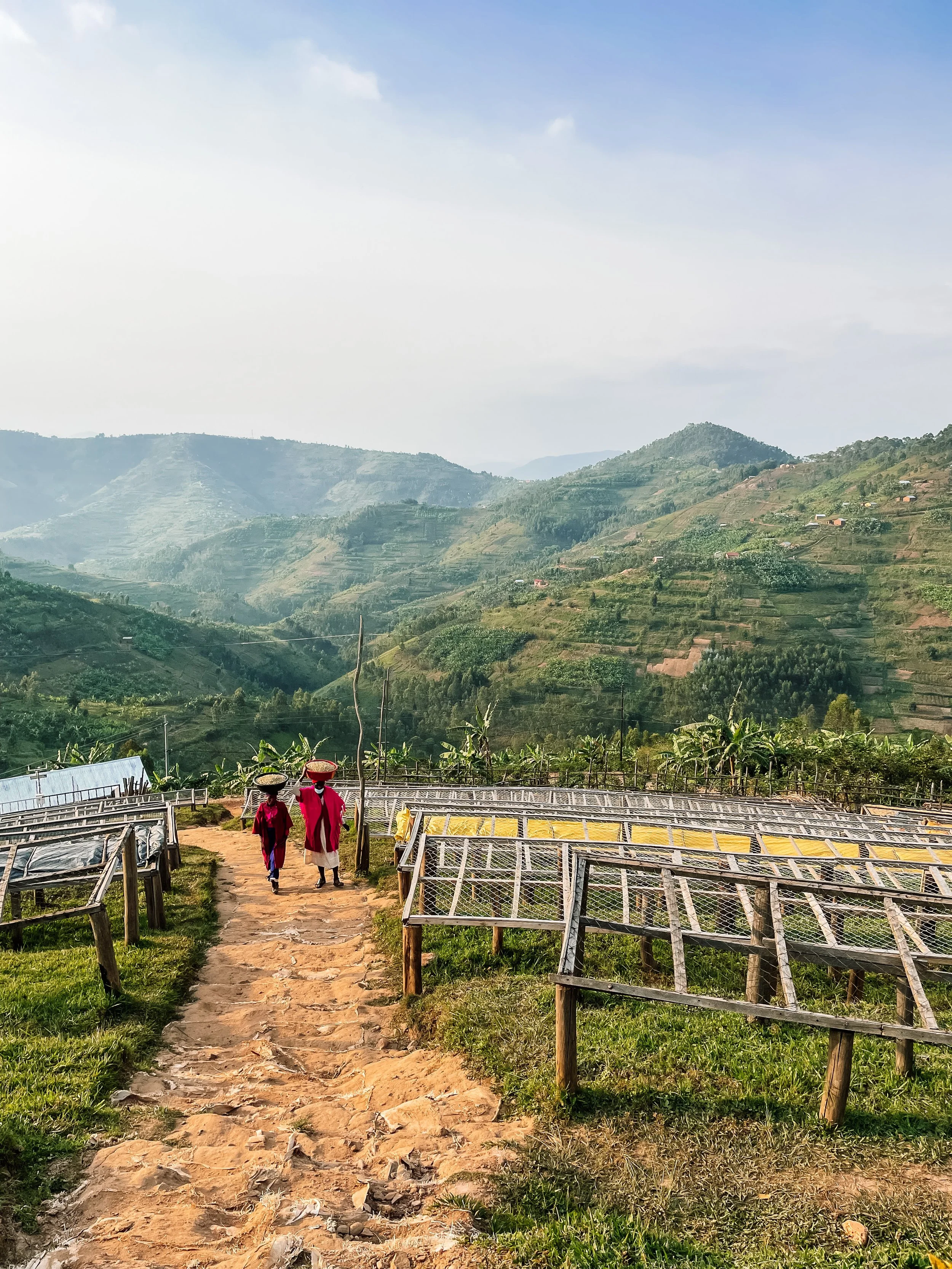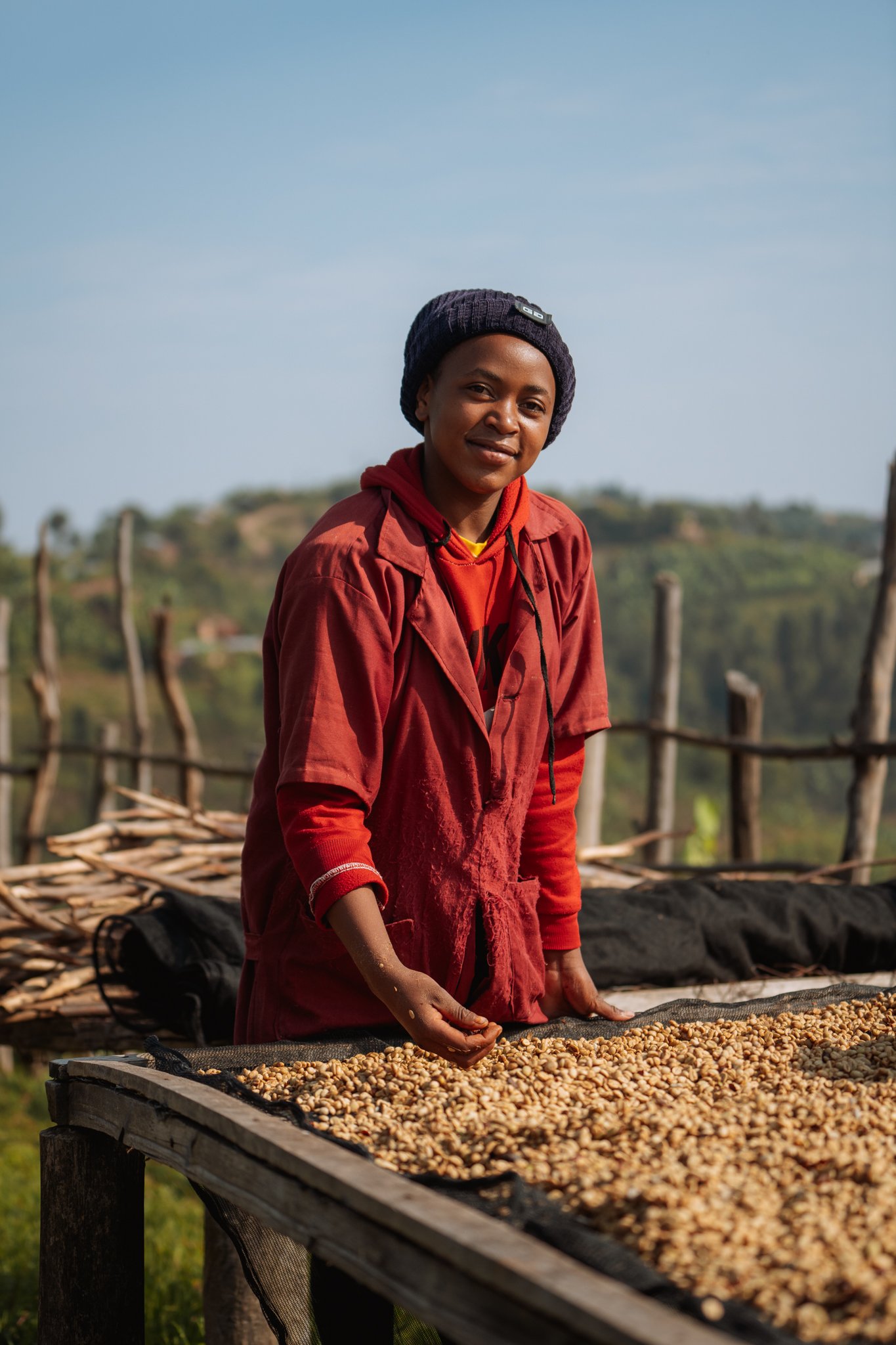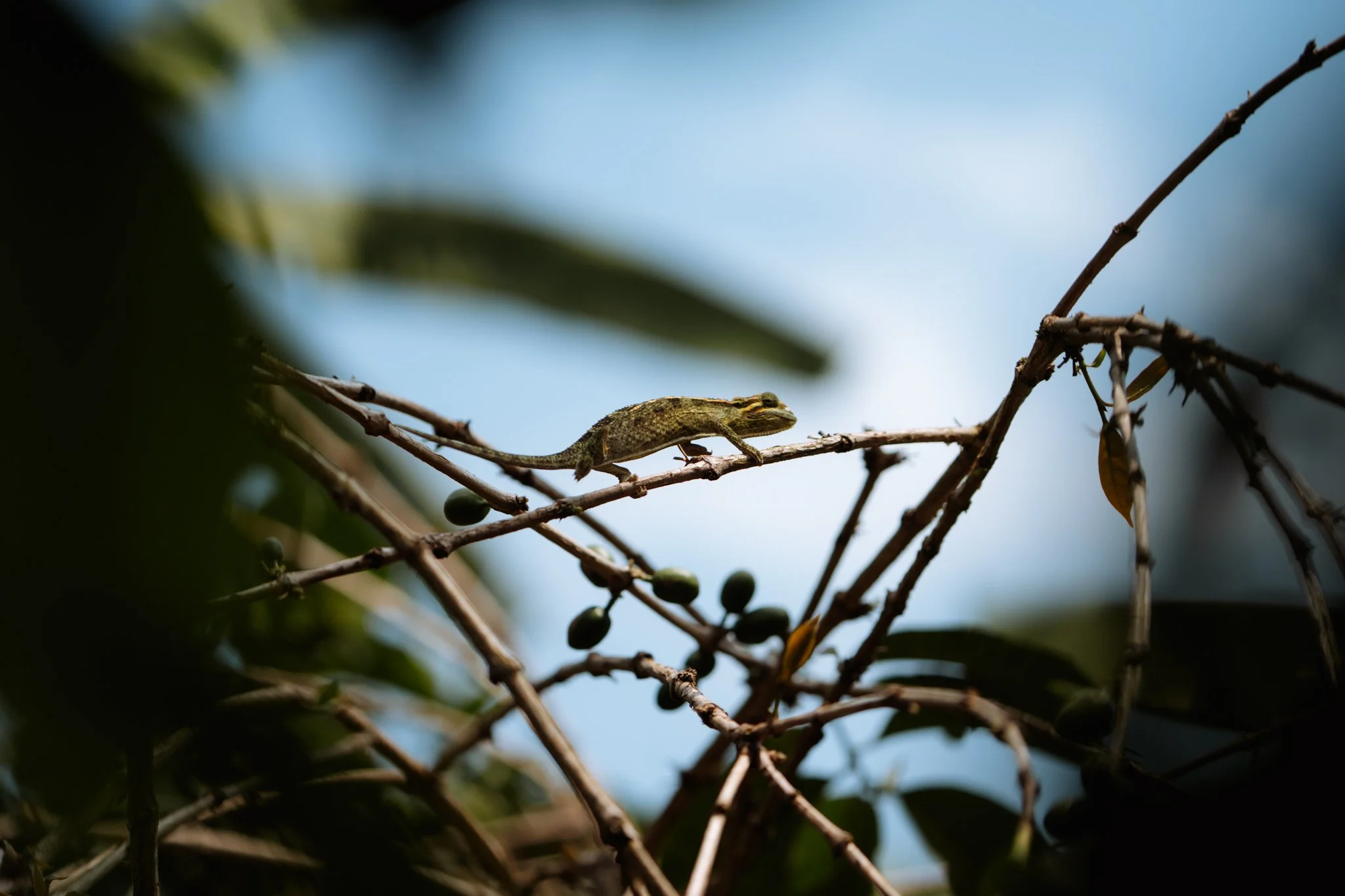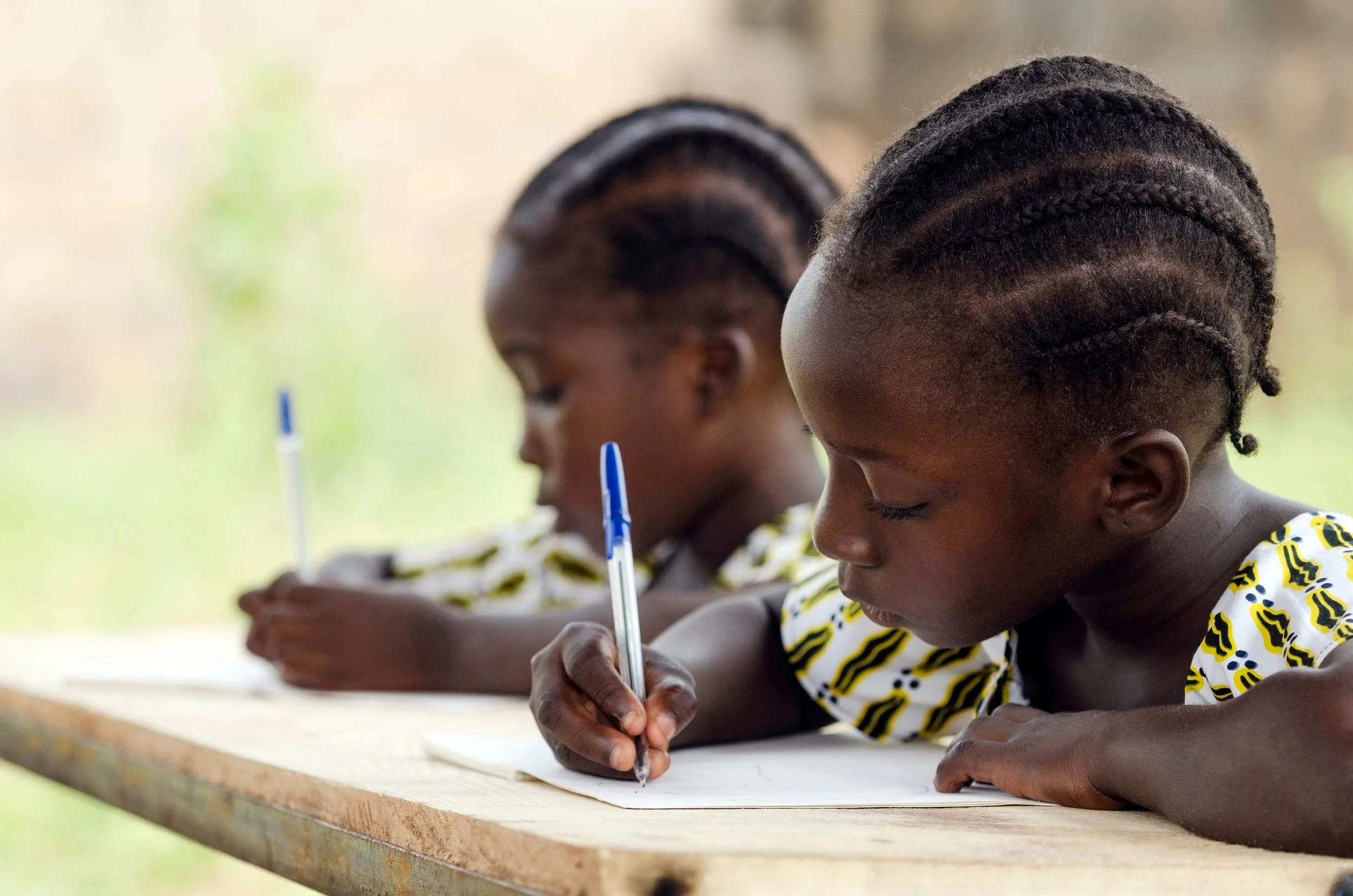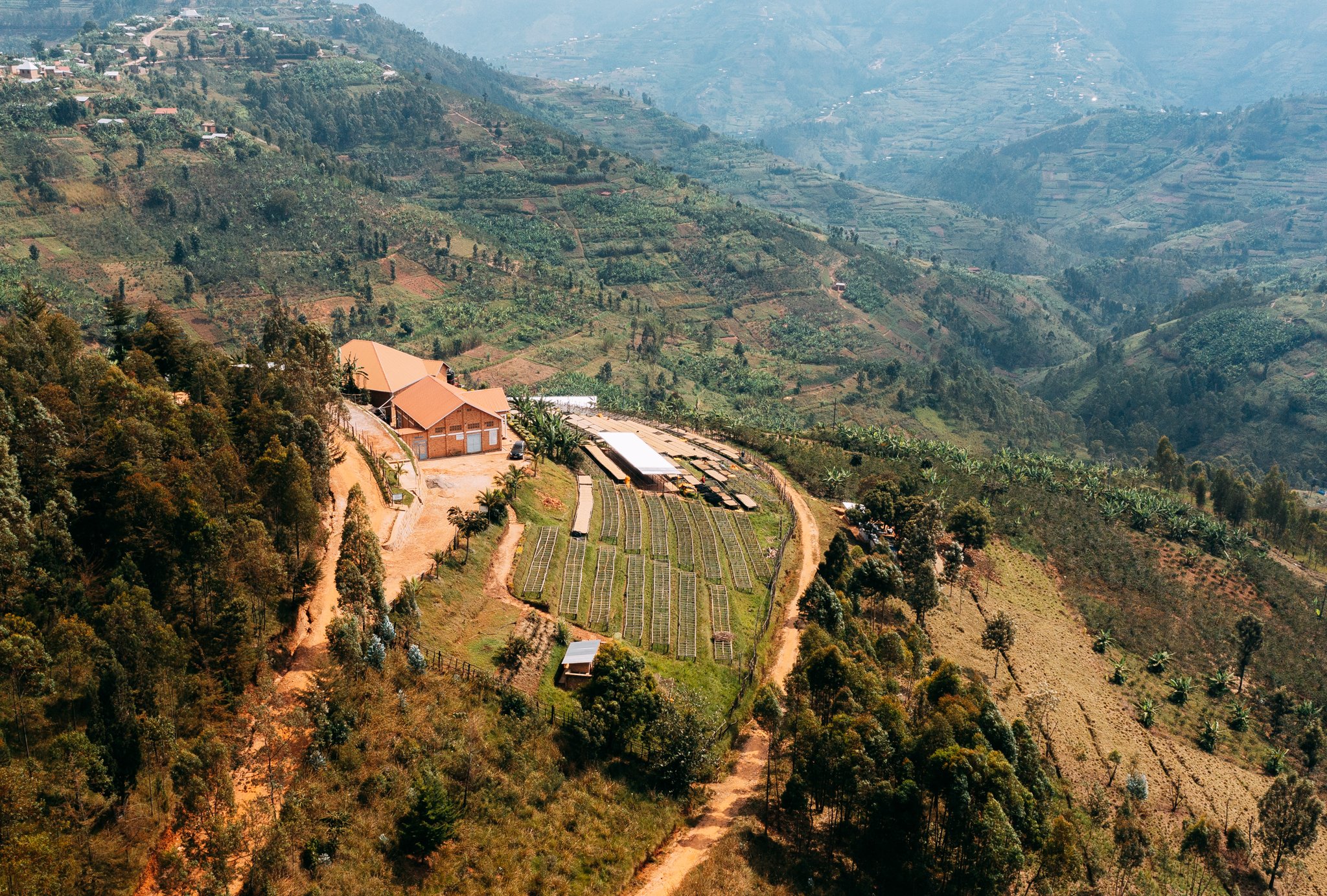
Organic Arabica coffee that is grown 2000m above sea level in the Northern Province of Rwanda, Gakenke.
Our Coffee
This organic single origin is produced by the Twongerekawa Coko women’s Cooperative. A mountain community who grow their coffee at unusually high levels so the beans are slowly ripened and full of flavour.
Jabulani is grown in the Northern Province of Rwanda within the Gakenke district. Two hours from the capital Kigali and you are transported to a place of outstanding natural beauty.
High up in the green Rwandan hills, the plantation provides the perfect environment for the shade grown Arabica coffee. Nurtured by the 169 women from the Cooperative, the coffee is passionately cared for by hand and the grounds farmed by 35 men who all operate with regenerative farming techniques and sustainable standards. The result after roasting by Owens Coffee in Devon is a distinct flavour that offers a smooth and mellow finish with sweet notes of cherry, hibiscus and vanilla.
Organic and sustainable farming
High altitude, regular rainfall, volcanic soils with good organic structure
Coffee from Rwanda is mainly produced by smallholders who own land less than one hectare per family. The Twongerekawa Coko Cooperative is a group of 204 members of which 169 are female.
The initiative was born by coffee experts and large-scale farmers producing outstanding quality coffee at farms located on Rwandan hillsides. The Cooperative invests in targeted farming activities to maximise production and is run by female president Therese Nyirangwabije, who is proud to lead an almost entire female workforce.
The cooperative farmers receive training in best agricultural practices and professional coffee washing station techniques. Every effort is made to create the highest return for its farmers, because the mountain communities this Cooperative supports relies heavily on the farm to care for their families.
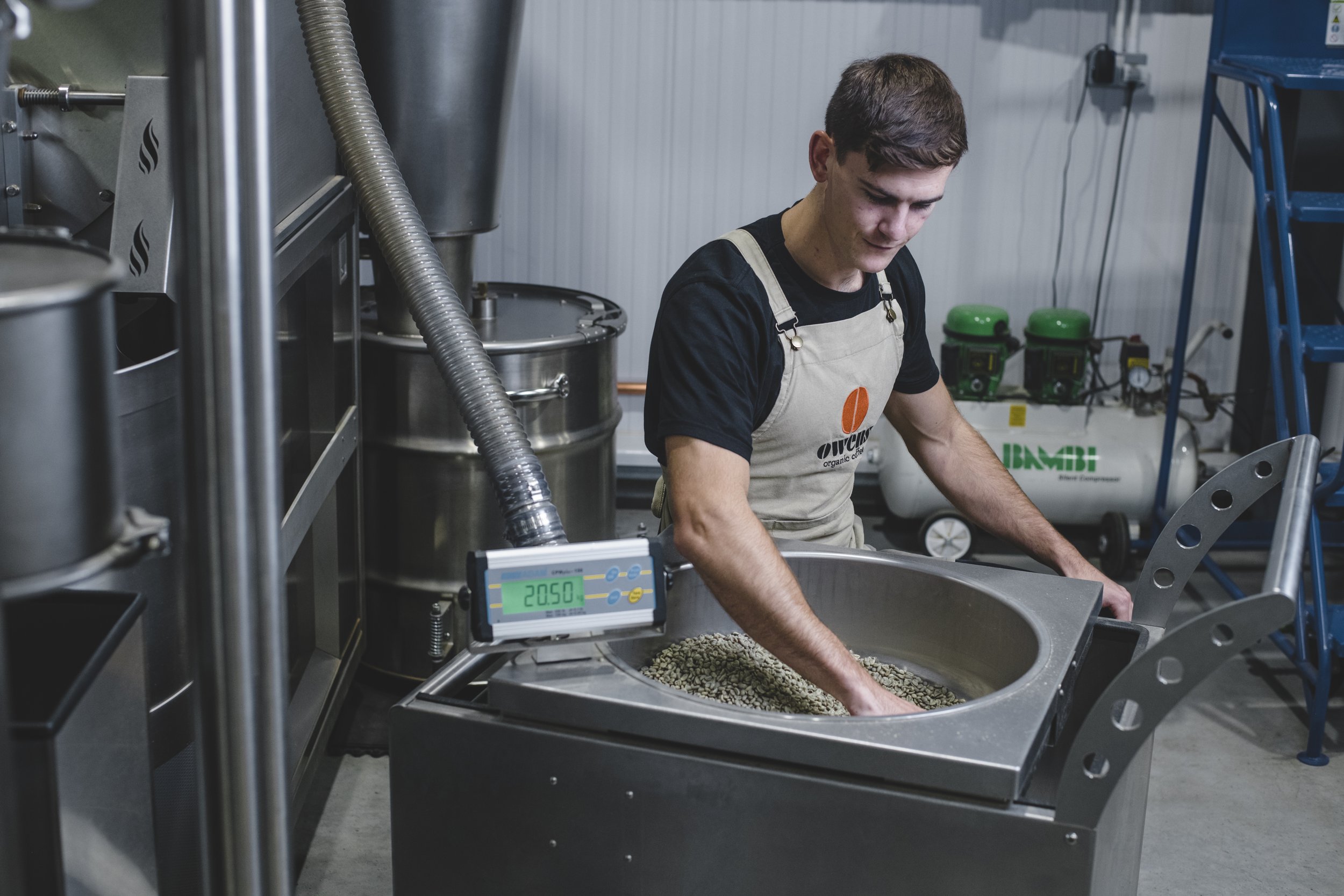
Clean roasted in the South West of England by Owens Coffee
What makes our coffee special
Going beyond the bean to ensure the highest quality produce, level of care and essential community support.
-
Shade grown coffee produced using organic methods is better for the environment and better for wildlife: there are no synthetic fertilisers or chemicals used in growing or production, organic farms can help combat climate change by emitting less carbon than a chemical farm, and they sequester significant amounts of carbon.
Shade grown coffee farms avoids the deforestation which has been created by high-yield sun-grown coffee plantations. Deforestation disrupts wildlife and communities living in these biodiverse regions, often forcing them to relocate.
As well as this, organically grown coffee is rich in healthy antioxidants. Our producers benefit from fair trade agreements and better working conditions. It is a win/win for the planet, the producers and you as a consumer.
-
We are committed to working with the Fairtrade Foundation who do more than provide safe working conditions and fairer pay. Farmers are given high quality advice, training and education which plays a vital role in managing their businesses and revenues, both on a day to day basis and through future climatic changes.
In addition to guaranteeing that fair prices are paid to the farmers, a separate Fairtrade Premium is paid to them. The coffee cooperative decides on how best to invest this money in resources to support its farmers to expand their businesses. Temperature increases of just a few degrees could push Arabica coffee production higher into the mountains and forested reserves, meaning areas suitable could decrease substantially. Without changes to farming practices there could be more vulnerability to pests and disease, unpredictable yields and higher coffee prices.
-
Jabulani coffee bean falls in the top 10% quality of the harvest. Reaching a cupping score of 84 in 2022.
The term ‘Specialty coffee’ is used to refer to coffee that is graded 80 points or above on a 100 point scale by a certified coffee taster (SCA) or by a licensed Q Grader(CQI).
Specialty coffee exists through the dedication of the people who have made it their life's work to continually make quality their highest priority. This is not the work of only one person in the lifecycle of a coffee bean; specialty can only occur when all of those involved in the coffee value chain work in harmony and maintain a keen focus on standards and excellence from start to finish. It also has been grown at the perfect altitude, at the correct time of year, in the best soil, and then picked at just the right time. All this translates into some of the most exciting and tasty coffee in the world.
-
Every Jabulani Coffee sale proudly contributes to this female cooperative and the survival of people and the planet.
In Rwanda currently, 3 in every 10 children don’t make it past the age of 5 years old, which is just one example of a topic the Jabulani Coffee brand is raising awareness of. Profits directly contribute to building important day-care and educational facilities for these local children. Bringing them closer to their mothers, properly cared for during the day and educated on the farm to bring hope to future farmers.
-
Smooth and mellow with sweet notes of cherry, hibiscus and vanilla.
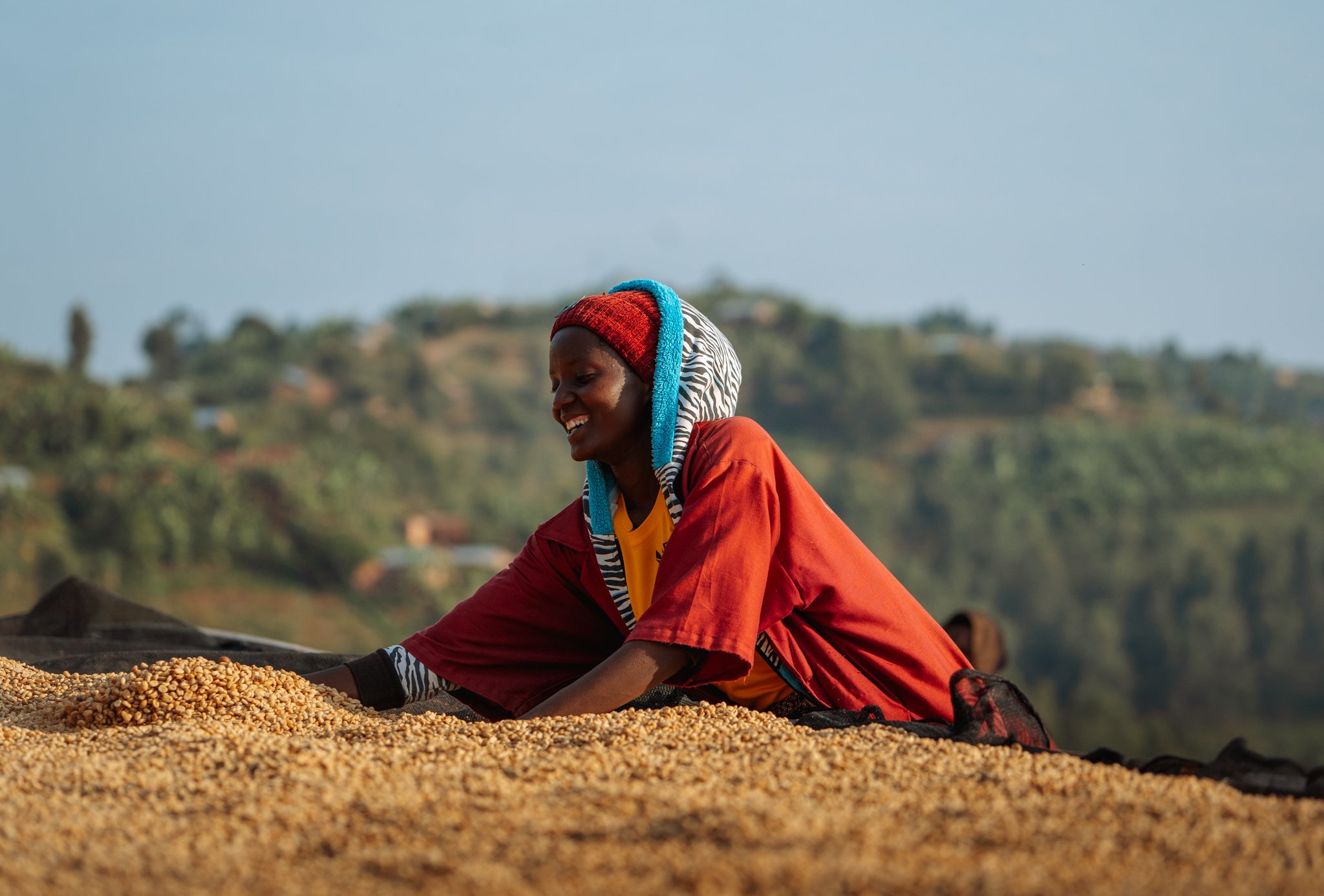
Going beyond the bean
Buying a cup of Jabulani Coffee truly goes beyond the bean, with profits feeding important Social Impact projects on the plantation.
Directly contributing to building essential day-care and educational facilities for local children and future farmers. Following the genocide, the Twongerekawa Coko cooperative proudly champions regenerative farming using organic and environmentally sustainable practices.
Alongside their almost entirely female workforce the project connects ambassadors from the UK and Rwanda to exchange knowledge and leadership to help support and secure the future of agriculture in Rwanda.

